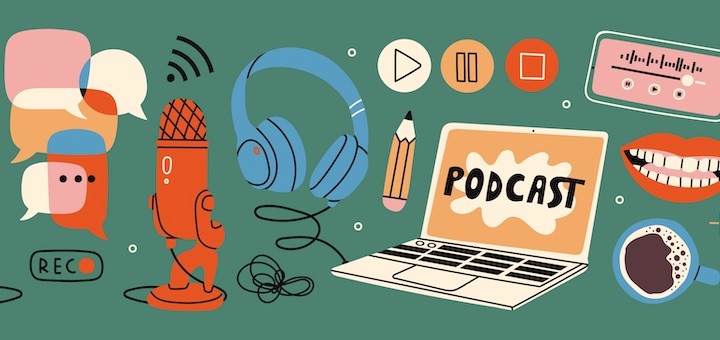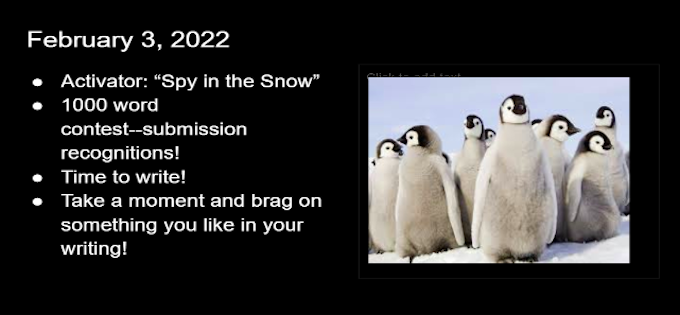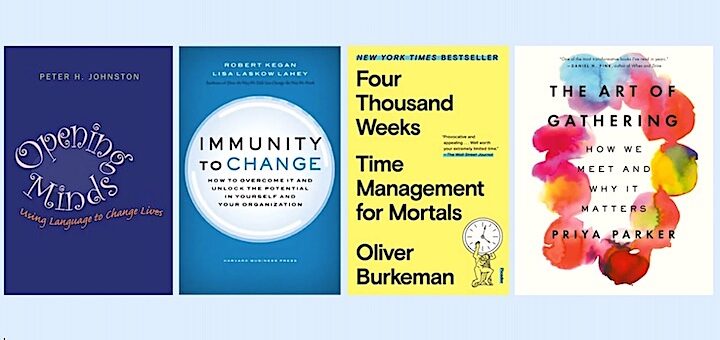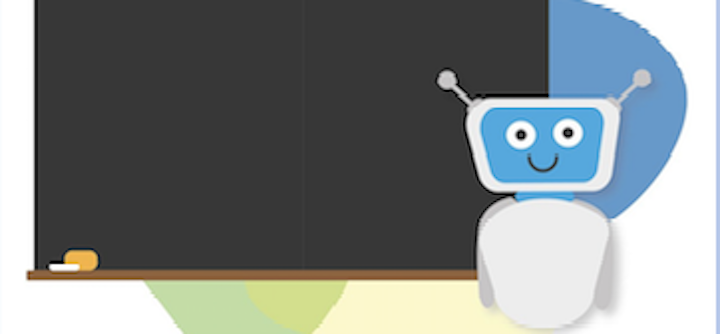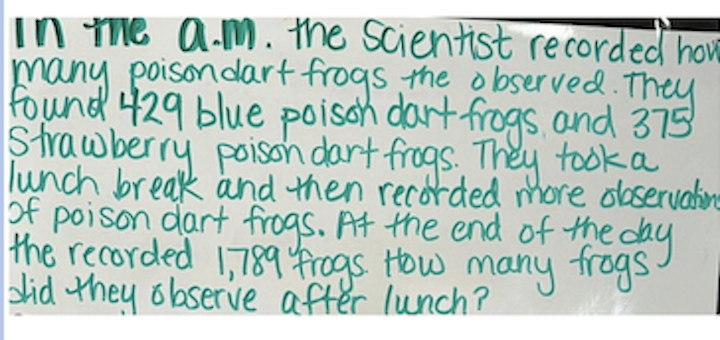New Teacher Mentoring: Ready for a Work Mom?
Any teacher has vivid memories of their first classroom – some recalled with pride and others with regret. Advice from a caring “work mom” can make all the difference. Veteran mentor Amber Chandler shares how she helps novices through the year with frankness and encouragement.


